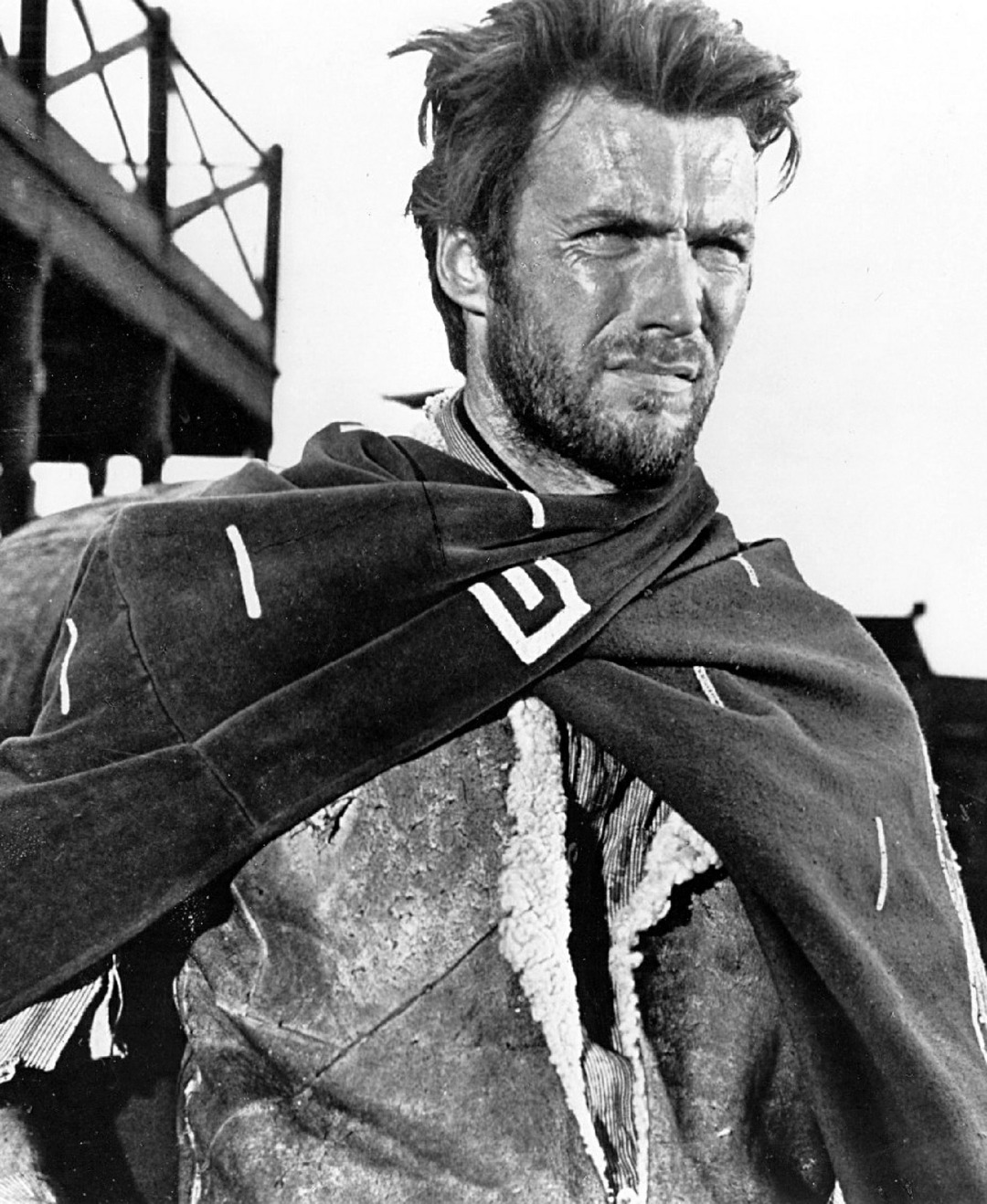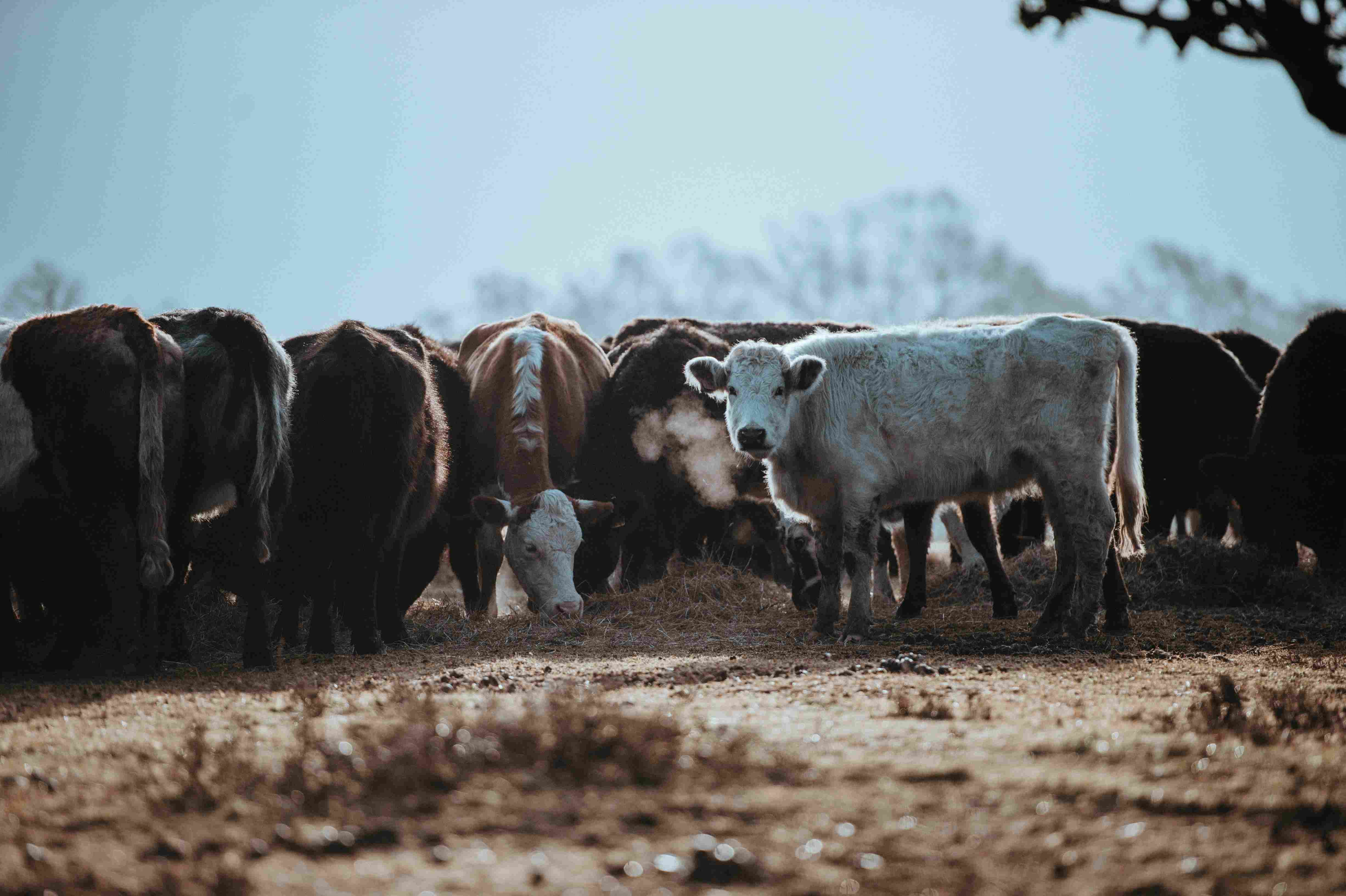Has a BBC documentary ever been so eagerly and angrily anticipated by British farmers? At 9pm on Monday night I switched over to catch the BBC One ident and the announcer warning of scenes that some viewers may find disturbing.

I pictured Britain’s livestock farmers reaching for their phones, eyes narrowed, fingers hovering over the Twitter app like a gunslinger in a spaghetti western – ready to draw (or type furiously) at the first hint of anti-meat bias (#farmerbashing).
And, boy, did meat get a grilling. ‘Meat: A Threat To Our Planet?’ came out all guns blazing. The most positive thing presenter Liz Bonnin had to say about beef is that people like eating it.
I had to come off social media in the build up to this documentary. The anger – already palpable in the days before broadcast – was too stressful even to observe.
The Meat or No Meat debate reminds me very much of current day politics. Entrenched camps of bitter division, polarised to the extremes. It’s like a gunfight where everyone thinks they’re Clint Eastwood (i.e. ‘The Good’).
British farmers are pointing a gun at the ‘Bad’ BBC. The BBC is pointing a gun at ‘Ugly’ global agriculture (a faceless behemoth with a distinctly American/Brazilian accent) and the Americans, for once, don’t have a gun.
They’re just pointing a big juicy steak at Great Britain in the hope of a free trade deal post-Brexit (served with or without hormones, ma’am?)
Who’s ‘the bad’?
So which of our gunslingers is Clint Eastwood? Who came out as ‘The Good’? And who won the gunfight?
Well, Bonnin and the BBC definitely think they deserve to be Clint – for producing a documentary that exposes, so movingly, the environmental consequences of the world’s mindless appetite for commodity meat.
But they only fired a shot in the air. It made a big bang but the bullets didn’t really change anything, or land a killer blow. And besides, there’s another gunfight next week about something entirely different – so they’ve moved on.
The British beef farmers definitely think they deserve to be Clint – for producing sustainable, mostly grass-fed beef and lamb on a rainy island where grass grows in magnificent, natural abundance. A world away from burning rainforests and stinking feedlots.
They want to shoot the BBC for presenting meat as a problem and they want to shoot the Americans for presenting us with meat which is a problem…oh, wait…hang on. Scratching their heads, tied up in knots, the British farmer doesn’t know where to aim. So they don’t win the gunfight either.
The American cattle ranchers definitely think they deserve to be Clint – for producing the food that sits at the very heart of American cultural identity.
Eaten and enjoyed by millions every day. Big juicy steaks, burgers and prime rib from animals reared on the wide open prairies by generations of hard-working ranching families. Grain-fed and finished for the finest marbling and taste – just wait until the Brits try it. They don’t even need to fire a shot – because they feel bulletproof.
Confused, but jolted for good?
My point is – the whole debate was framed in a way that made every tribe feel like they’re Clint Eastwood. That they’re right. And I’m not sure that’s how we make positive change happen.
I doubt any farmer – British, American or Brazilian – would have watched that documentary and thought: “That’s me. I’m the evil beef producer.”
They were more likely to think: “That’s someone else’s problem. I don’t farm like that.”
Meanwhile the rest of us are running around, losing our heads like the poor chicken that got bonked on the head with a random plank of wood, thinking: “Oh my god, beef is evil! Beef is terrible! What kind of person am I for ever eating beef?”
The documentary presented us with extreme examples to shock us – and that’s good. The world could use a shock. We do need to wake up to the impact of our meaty diets on the environment.
I don’t buy into this outrage that the BBC has committed some act of gross betrayal for daring to make a documentary that questions the sustainability of meat.
And it’s naive to expect programme makers to continually parrot that “we do things differently in the UK”. Imagine if David Attenborough went down that road? “The Sumatran rhinoceros is on the brink of extinction but don’t worry – we don’t have them in the UK anyway.”
Balance and big business
We all share the same planet and we’re more plugged into the global food system than perhaps we care to admit to ourselves. My dad, a small scale beef farmer, finishes a few bulls on grain. That Brazilian soy even makes its way to our tiny patch of land on the Welsh borders.
The environment is the defining issue of our generation and meat is part of the debate whether you like it or not. Buckle up – because there’s plenty more of this stuff to come (George Monbiot has already plugged his upcoming film for Channel 4 which promises to dig even “deeper”).
But lasting, positive change isn’t built on shocking examples of terrifying extremes – because we can’t see ourselves reflected in that kind of mirror. We don’t see ourselves reflected in horror – we always see someone else. Are we really going to fundamentally change our diets just because Liz Bonnin told us to?
After we’d turned the telly off, I asked my boyfriend Alex what he thought of the documentary. I trust his objectivity more than mine on this kind of thing – he’s just your average consumer, no farming background, a bit of a townie really and very, very laid back.
But he was angry. Not at the pictures of deforestation or orphaned penguins or lagoons of pig muck – but the Welsh smallholder.
“It just pissed me off,” he said. “They went from one huge extreme, like, a massive cattle ranch in America to a hippy farmer in Wales with a few chickens. It just felt like an afterthought – like some TV commissioner had said, ‘Let’s go back to basics caveman-style’. They should have just gone to an average family farm and showed what they’re doing.”
Why livestock matter for plants and carbon
I had to agree it felt a little ridiculous. A muscly vet-turned-smallholder is not going to feed the world. This is where we needed to see a pasture-based British beef system and finally make the point about carbon storage/sequestration and the incredibly basic point that cows turn grass, which we can’t eat, into food we can eat.
And the even more basic point – the world needs animal manure! The best and most natural fertiliser for all those nutritious crops we need to grow. Pulses need poo man! That was a big miss in my view.
Alex wasn’t too happy with the choice of presenter either.
“Liz Bonnin is a conservationist,” he said (she’s actually a biologist), “and that was clearly her drive. She wasn’t very impartial and her face was a picture.”
Bonnin did walk around with a permanent look of disgust and was given remarkable free reign to editorialise and, well…preach.
I noticed she did not put a single challenging question to any of the environmentalists, but was quite happy to talk all over the woman from the National Cattlemen’s Beef Association (NCBA). I mean, I get the programme’s premise but the slightest nod towards impartiality would have been more becoming of the BBC.
As we did the washing up, I asked Alex if the documentary would make him eat less meat.
“Nope,” he said. “But it does make me want to support farmers more.”
I was surprised by this (I promise it had nothing to with me!) I asked him why and jotted down the answer.
He said: “Well, it made me think about the big money drivers of the world. The big companies who don’t give a crap about the environment and the people who just want to make big money.
“The big companies that are connected to farming – they’re the ones who are causing all this. That documentary showed farmers in a really bad light but the farmers I’ve met and spoken to are actually doing really good things for the world.”
So there’s one average viewer who came away blaming the system – not the cows or the farmers. And to be fair, I think that’s what the BBC was aiming for.
Ultimately, I think we’re all a mixture of the Good, the Bad and the Ugly. We’ve all got a bit of Clint in us but maybe, also, we need to accept our inner Lee Van Cleef. Because vast areas of our planet are turning ugly and only by working together can we save it.
Oh, and Liz? I can love the planet and still eat beef.

Thumbnail Photo by Annie Spratt on Unsplash

